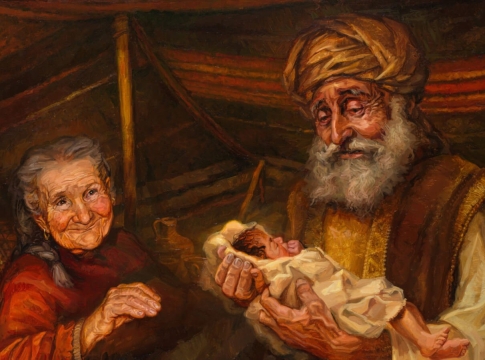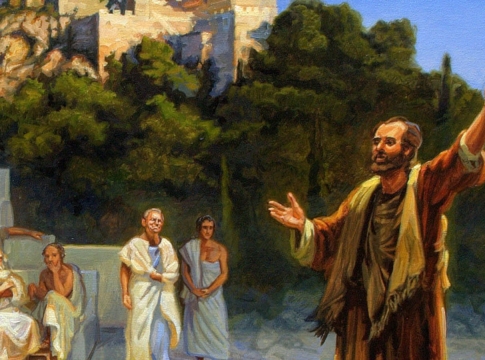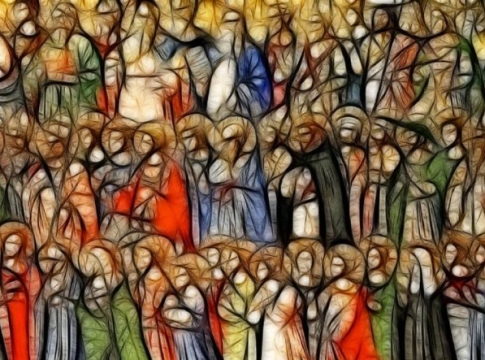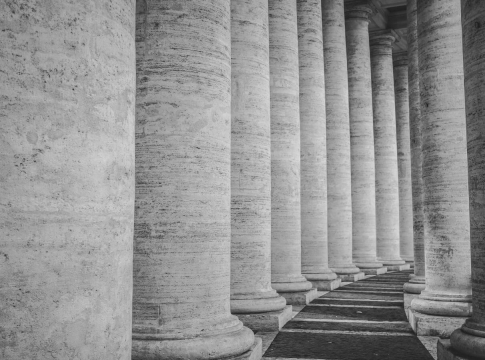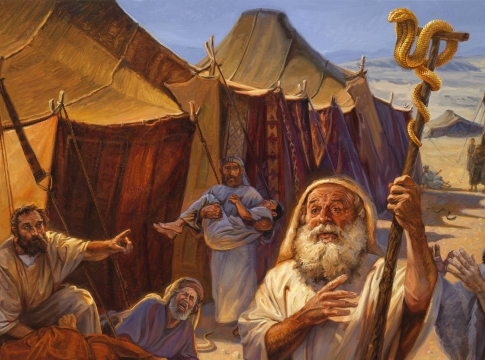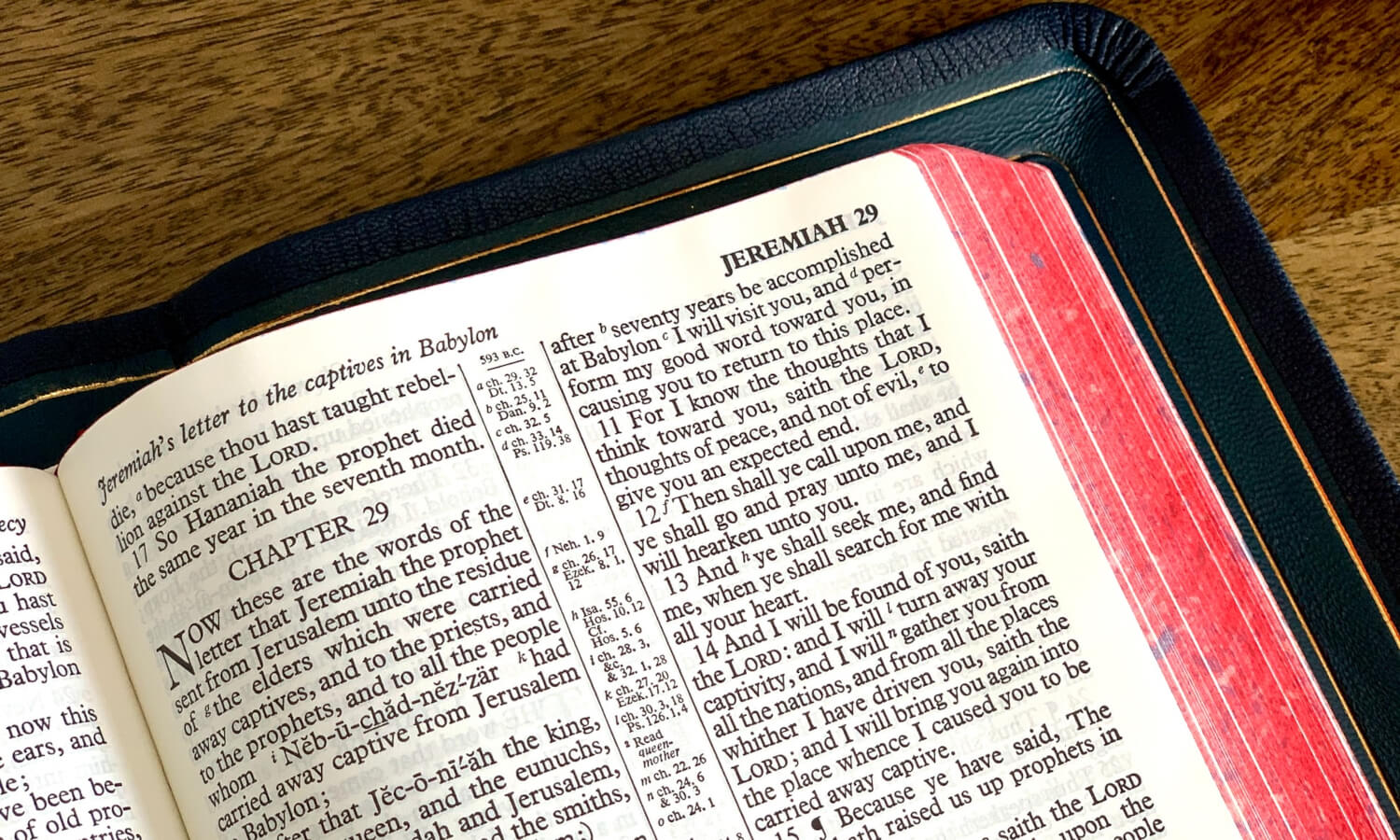
Jeremiah is the name of the longest book in the Bible, behind the Psalms. Prophet Jeremiah lived during the last days of the Two Tribes Kingdom. Judah and Benjamin refused to turn from their sin and turn to the Lord in spite of the threat from Babylon. Consequently, God’s judgment was inevitable. The Lord called Jeremiah to proclaim this judgment and provide Judah’s people one final chance. The Bible book Jeremiah contains events from his life as well as his prophecies. The second part, Jeremiah’s life, is what we want to concentrate on in this post.
Jeremiah’s life
Jeremiah was a person who? Jeremiah was descended from a priest. He resided in Anathoth, in Benjamin’s land, and was Hilkiah’s son (Jeremiah 1:1). He also served under King Josiah, Jehoiakim, and Zedekiah, according to Jeremiah 1:1. He saw Jerusalem fall and the Judeans being carried into captivity in Babylon (Jeremiah 39). Jeremiah himself stayed in the land of Israel with a remnant of the people. However, the remainder of the group fled to Egypt, taking Jeremiah with them, following an attempt to kill Gedaliah, the governor of Babylon (Jeremiah 43). Judah most likely passed away in Egypt.
Jeremiah’s calling
What a waste of simple facts. Needless to say, Jeremiah was very impacted by both the shocking news he had to convey and the heartbreaking circumstances that unfolded. The first chapter makes this clear right away. “Now the word of the Lord came to me, saying, Before I formed you in the womb I knew you, and before you were born I consecrated you; I appointed you a prophet to the nations,” Jeremiah was called by God to be a prophet in 627 BC. And I exclaimed, Lord God, ah! I am still a young person, so look, I have no idea how to speak.” (Jeremiah 1:4-6).
Jeremiah struggles with his age, yet he does not dispute his calling here. Most likely he wasn’t even an adult at the time. However, just as Moses was previously prepared for his assignment (Exodus 3:7–14; 4:1–17), Jeremiah is also being prepared by the Lord for a prophetic life. God pledged to be with Jeremiah during his difficult times (Jeremiah 1:8).
Struggle and suffering
A few miles north of Jerusalem, in the town of Anathoth, was where Jeremiah resided. He was therefore somewhat safe from the capital, yet close enough to know what was happening there. Following his designation as a prophet, Jeremiah proceeded to proclaim God’s word in Jerusalem (Jeremiah 2:2) and even within the temple (Jeremiah 7:2). The words of Jeremiah were not remembered. According to Jeremiah 26, the people of Jerusalem turned against him. He was not safe, not even in his hometown (Jeremiah 11:21–23). Jeremiah’s message was met with only two affirmative responses. These were the Ethiopian eunuch Ebed-Melech and the scribe Baruch.
The prophet Jeremiah was not pleased with the opposition he encountered or the gravity of the judgment he had to deliver. Jeremiah struggled with God [about his calling] and faced great challenges. Some of the most poignant passages in this book are found in the portions that describe Jeremiah’s struggle (Jeremiah 11:17–23; 14:17–22; 15:10–21; 18:18–23; 20:1–18).
Jeremiah wanted to give up his prophetic ministry: “O Lord, you have deceived me, and I was deceived; you are stronger than I, and you have prevailed. I have become a laughingstock all the day; everyone mocks me. For whenever I speak, I cry out, I shout, Violence and destruction! For the word of the Lord has become for me a reproach and derision all day long. If I say, I will not mention Him, or speak any more in His name, there is in my heart as it were a burning fire shut up in my bones, and I am weary with holding it in, and I cannot.” (Jeremiah 20:7-9). So even though one half in Jeremiah was wanting to stop, he could not, because the word of the Lord was driving him.
The end of Judah
God did not forsake His prophet or walk away from His promise to Jeremiah. Jeremiah had to deal with false prophets (Jeremiah 28) and threats of death (Jeremiah 26). But God sent a man to save him after he was captured during the siege of Jerusalem and placed into a mud pit (Jeremiah 38).
After receiving improved living quarters, Jeremiah stayed there until 587 BC, when the Babylonians captured Jerusalem. He was spared from certain death and permitted to stay in Judah. But then everything went awry again with the murder of the Babylonian governor. Jeremiah’s message was totally disregarded by the remnant Judeans, who fled to Egypt. Jeremiah was coerced into accompanying them. Jeremiah continued to prophesy fiercely against idolatry in Egypt. The biographical information ends there. Jeremiah most likely passed away in Egypt following forty years of obedient service.
Jeremiah’s faithfulness
If there’s one thing Jeremiah can teach us, it’s surely the importance of being faithful. He was more opposed than any other prophet, but he persisted in following God’s will. Accordingly, Paul used Jeremiah as a model for his own ministry (Galatians 1:15–16; 2 Corinthians 3). The book that bears Jeremiah’s name contains the message that God told him to pass on. As a result, we can still read in modern times about God’s true displeasure over sin and His fidelity to the covenant He originally made with Israel.
